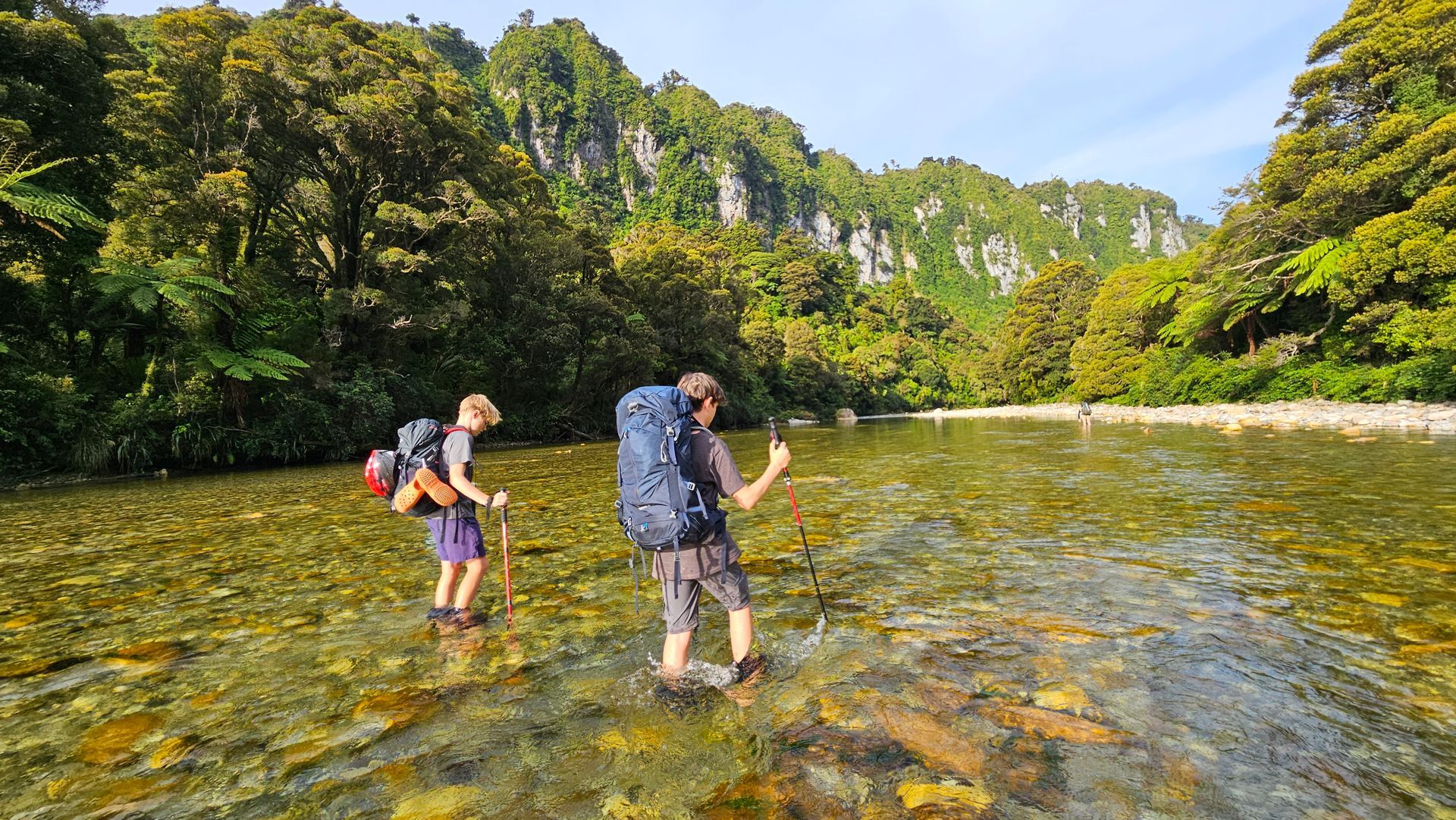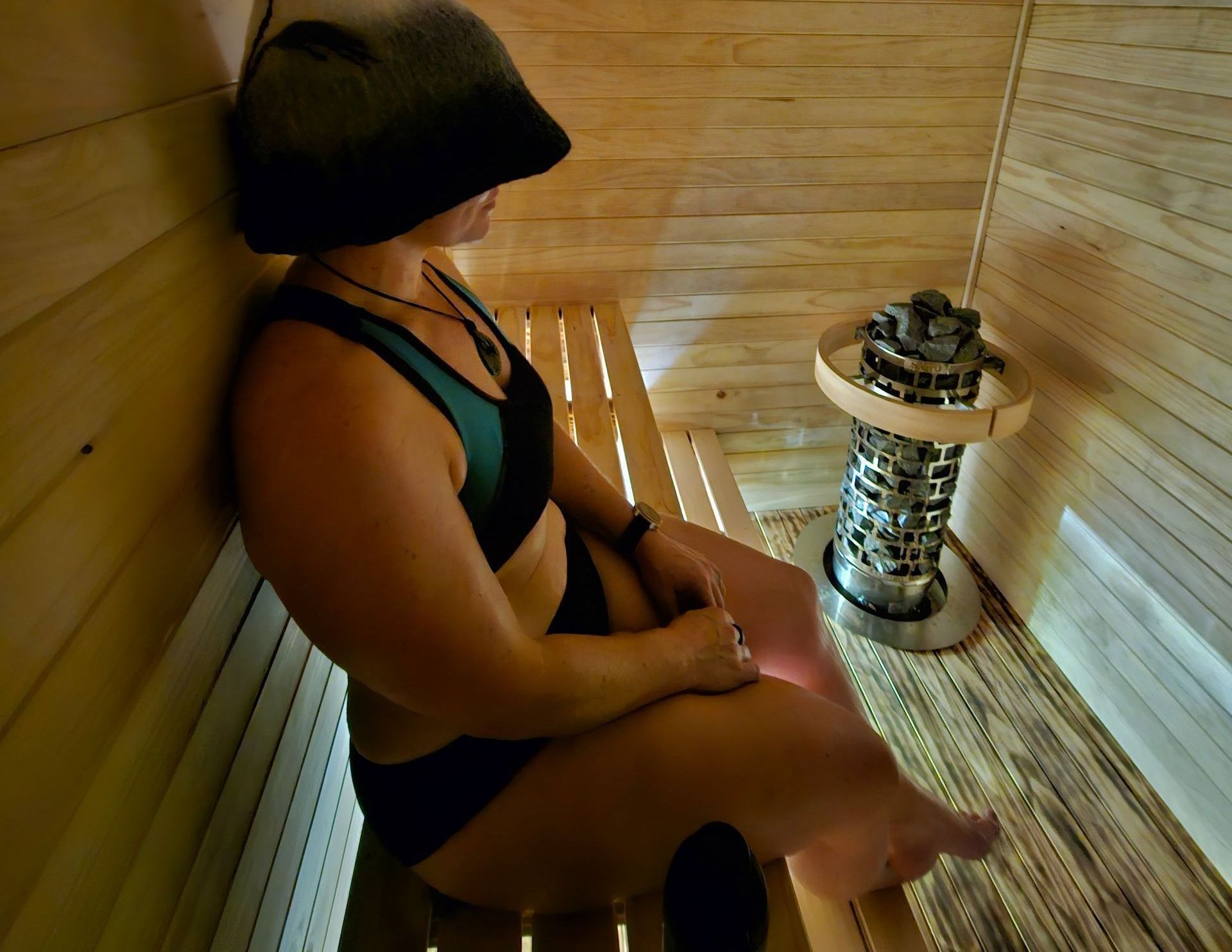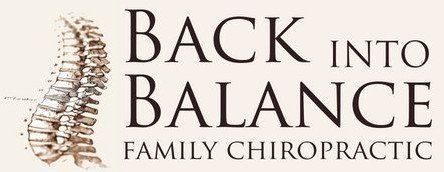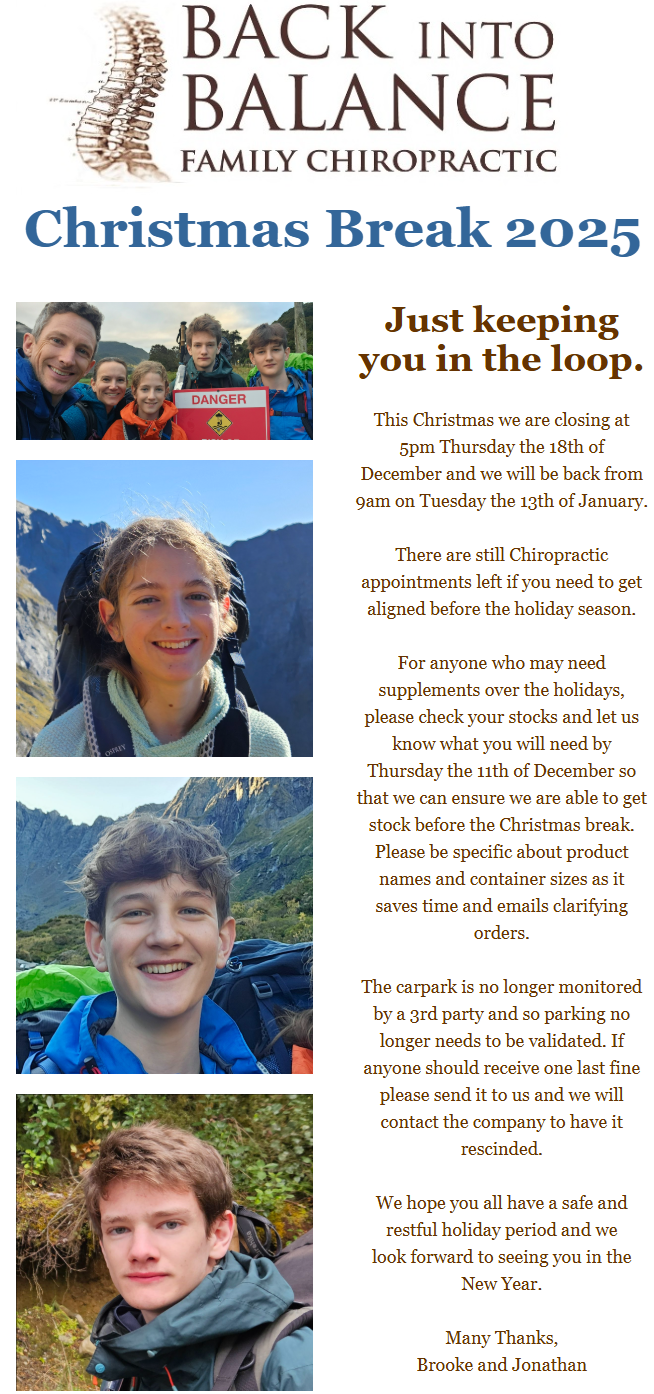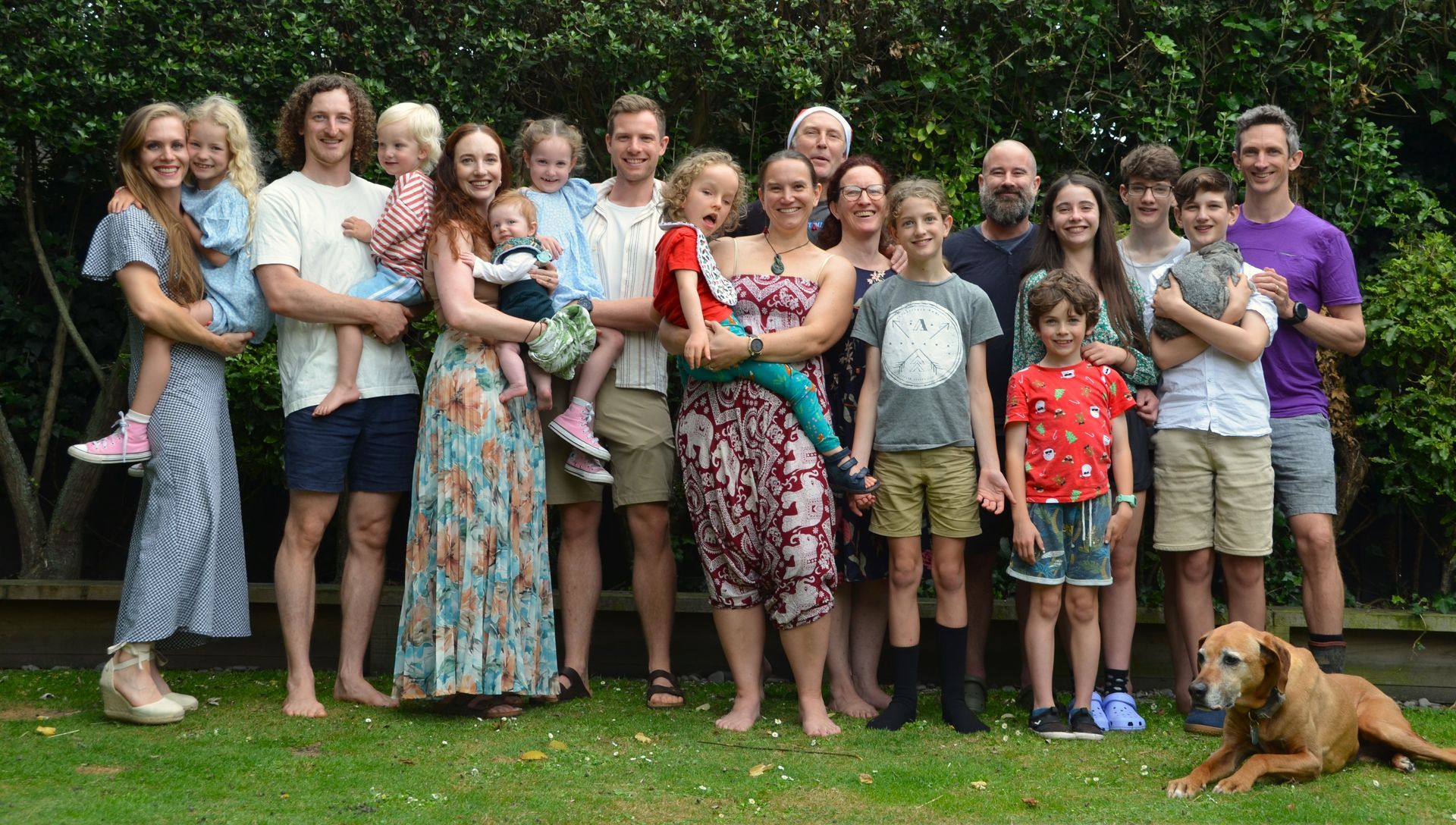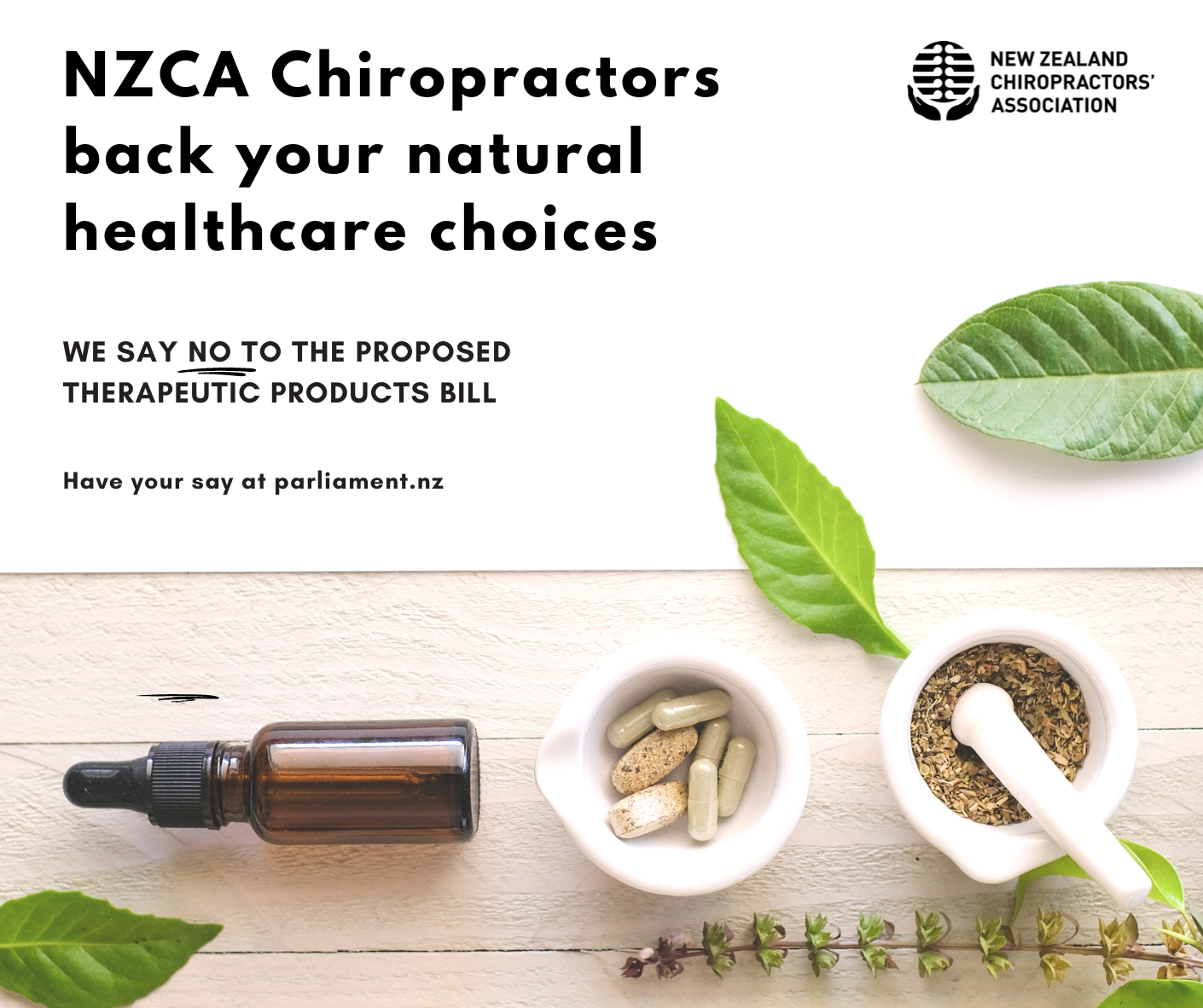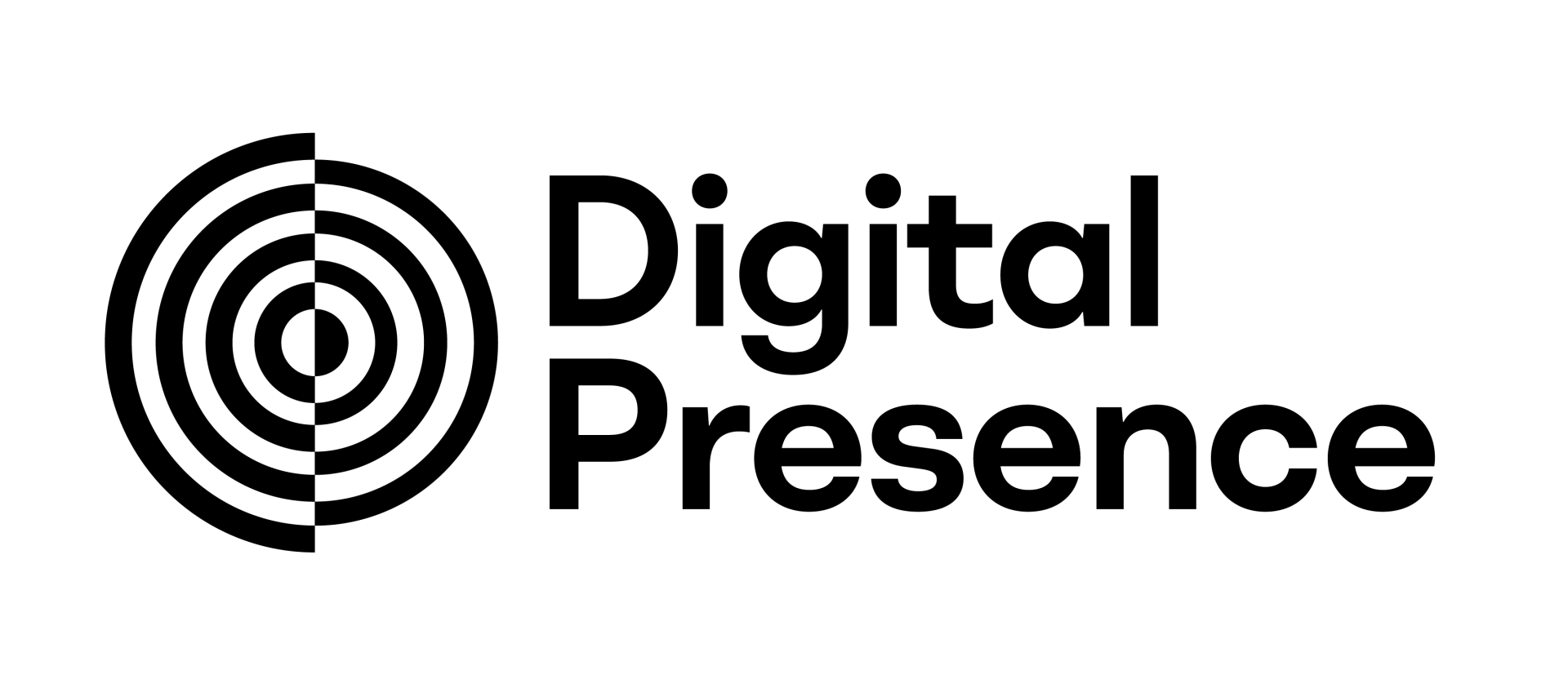Covid Restrictions Forcing Permanent Closure of Primary Health Care Providers
Repeated COVID-19 lockdowns, with no exemptions or funding support for significant numbers of private primary healthcare practices is putting the viability of thousands of businesses and the wellbeing of the public at risk, warns the New Zealand Chiropractors’ Association (NZCA).
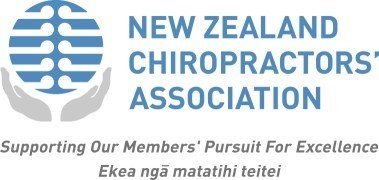
Acting NZCA President Dr Cassandra Fairest, chiropractor says: `We warned last
year that a crisis in health care provision may be on the horizon and now it is well
and truly here. Media regularly reports on the incredible impact on communities and
various industries but our Auckland colleagues and their patients are forgotten
victims of the latest lockdown’.
`We have had reports of two chiropractic practices closing their doors forever due to
this latest lockdown. After 12 weeks of no hands-on patient care in the past year they
just can’t afford to continue. Most other countries are allowing highly skilled allied
health workers such as chiropractors to continue, even under elevated levels with
appropriate PPE and infection controls. Are primary healthcare providers less trusted
than real estate agents, supermarkets and takeaway restaurants to manage Covid19 precautions?’
The peak body for chiropractic in New Zealand says that many primary health
providers, such as chiropractors, dental health practitioners, acupuncturists,
physiotherapists and other allied health professions rely on face to face consultations
2
and fee-based income to survive. Prolonged or repeated restrictions on the delivery
of healthcare will lead to widespread insolvency of some businesses and leave
thousands of New Zealanders without an option for healthcare in their communities.
Cassandra Fairest says: `The NZCA Council has written to COVID-19 Response
Minister Chris Hipkins to again plead our case. Late last year the Ministry asked for
submissions on balancing the risk of spread with keeping allied health services going
for community well being. We have been told that ‘independent advisors’ decided the
risks outweigh the benefits but have not been given any detail about how they came
to this conclusion’.
`Ironically, our members have seen a sharp rise in people seeking care during the
pandemic yet during Level 3, chiropractic practices remained closed to anything but
an incredibly restrictive criteria for urgent care. While telehealth options over a video
consultation can suit certain cases, it is of very limited benefit for hands-on providers.
Even Level 2 restrictions impact on the flow and viability of some practices with
Auckland facing prolonged difficulties’.
`The Ministry of Health restrictions are particularly hard on chiropractors that depend
on hands-on interactions and are paid out of pocket fees by the public. They are
highly trained health professionals who have excellent knowledge
and ability to screen for COVID symptoms, practice infection control and appropriate
PPE use, and have exceptional contact tracing information built into their patient
management systems already. These practitioners and their clients that depend on
their services are being severely affected by the pandemic response. Of course,
many industries are struggling but at least some can still operate with physical
distancing or click and collect and still have some income. Our members face a
gruelling scenario if rolling lockdowns continue and it is going to end up costing the
country in deteriorating public health and elevated longer term healthcare costs’.
Hospitality, tourism, the creative arts, and some other industries are receiving
targeted assistance, however those healthcare businesses with no public funding
streams, which make up a large portion of essential healthcare services, seem to be
a forgotten sector. Chiropractors work in the field of health promotion and wellbeing, something which should be of high importance given the pandemic that we are
facing. Having access to healthcare services and the benefits it provides to both the
public and the economy should ideally be placed ahead of the ‘nice to haves’ such
as dining out or an adventure holiday. Even before COVID-19, there was a need for
Government support of a broader range of healthcare options which currently
completely miss out on any funding, such as that given to GP practices and the
DHBs and hospital system.
Chiropractors are regulated primary health care professionals registered under the
HPCA Act with close to 700 annual practicing certificate holders practising in solo,
group, and multidisciplinary clinics around New Zealand. New Zealand chiropractors
have significant training (a minimum 5-year tertiary degree) and a broad yet highly
skilled scope of practice and clinical expertise. They provide care for the public in a
wide range of health concerns, including spinal problems, posture, certain
neurological issues and chronic pain. Importantly, particularly with the heightened
levels of mental health concerns being seen this year, chiropractors help many
people with anxiety, sleeping difficulties and stress related disorders through their
ability to assist the nervous system. There has also been an increase in the number
of people seeking chiropractic care for postural related strain and stress from
working at home. These health concerns highlight how important it is that the public
can have access to chiropractors during increasing alert levels.
New Zealand’s chiropractors are taking the lead to inform, and inspire people to
improve their health and prevent pain and disability by educating the public to have a
greater understanding of the relationship between their spine and nervous system
and how this affects their function and overall wellbeing.
At a time when people are dealing with significant stress and different health
concerns, now more than ever we need to ensure the public has access to all health
care services when they need it.
Further Information:
Cassandra Fairest, 021 242 3073
Peter Boyes 027 554 0500 or peter@boyespr.co.nz



